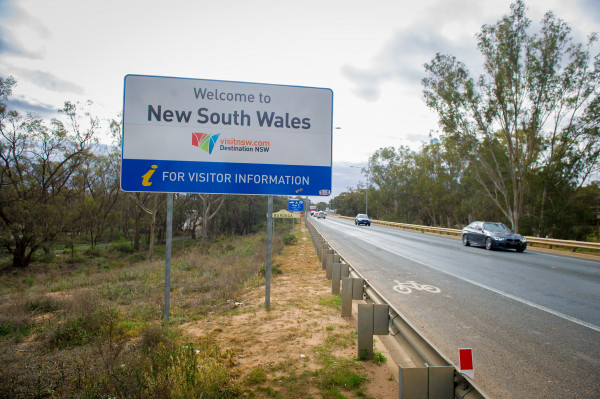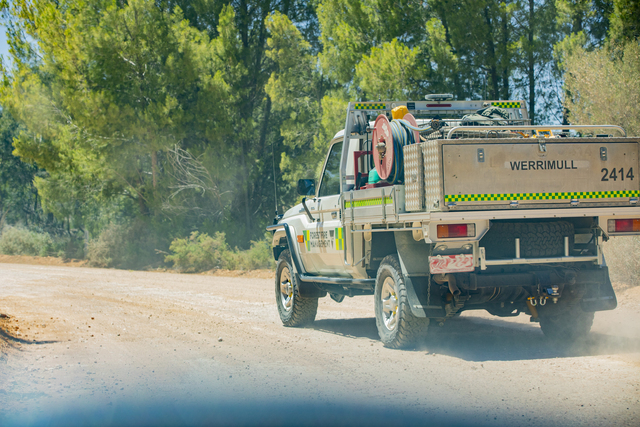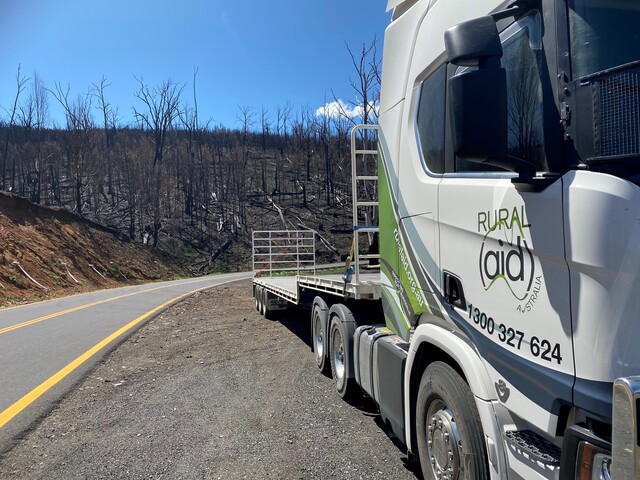WHY make a recession harder than it needs to be?
After the many on-the-ground shortcomings of the NSW Government’s tougher border rules, it’s a question our political leaders must embed in their decision-making from here on.
Stopping seasonal workers from getting to work on farms cost $1.7 million a day, according to Citrus Australia’s estimates.
All up, from border shutdown day to Friday’s reversal, that’s potentially $15 million that won’t cycle through Sunraysia’s economy.
But park the local implications for a second.
It’s also $15 million that the Australian economy won’t see, at a time when GDP was expected to fall by 7 per cent in just three months.
At a time when the deficit is as large as it’s been since World War II.
At a time when billions upon billions are being spent in stimulus measures.
At a time when half a million Australians have completely emptied their super accounts.
It seems obvious to say, but the economy can’t afford multi-million-dollar stuff-ups from politicians right now — especially avoidable stuff-ups.
Mildura is further north than Wollongong, and it hadn’t had an active case in more than three months, so it’s hard to see how the public health benefits for NSW would outweigh the total economic hit in this case.
Particularly if you add in the cost of measures that initially prevented people more than 2km from the border from getting to work, among a raft of other disruptions.
Our political leaders should be helping us to help Australia.
Instead, we got NSW Premier Gladys Berejiklian wondering aloud why displaced hospitality and aviation workers couldn’t go pick the fruit.
We got Victorian Premier Daniel Andrews lending his support to Ms Berejiklian’s tougher border measures.
And we got yet more comments from Prime Minister Scott Morrison stressing the importance of economic recovery, but without publicly weighing in on an issue very much related to that cause.
What country in the world wouldn’t love to give a large zone covering hundreds of kilometres, with no community transmission and a small number of roads in and out, the ability to meaningfully contribute to economic activity?
Sadly, as regional Victorian case numbers continue to grow, the opportunity to turn that into an advantage for our nation’s economy may have been squandered, at least for now.








